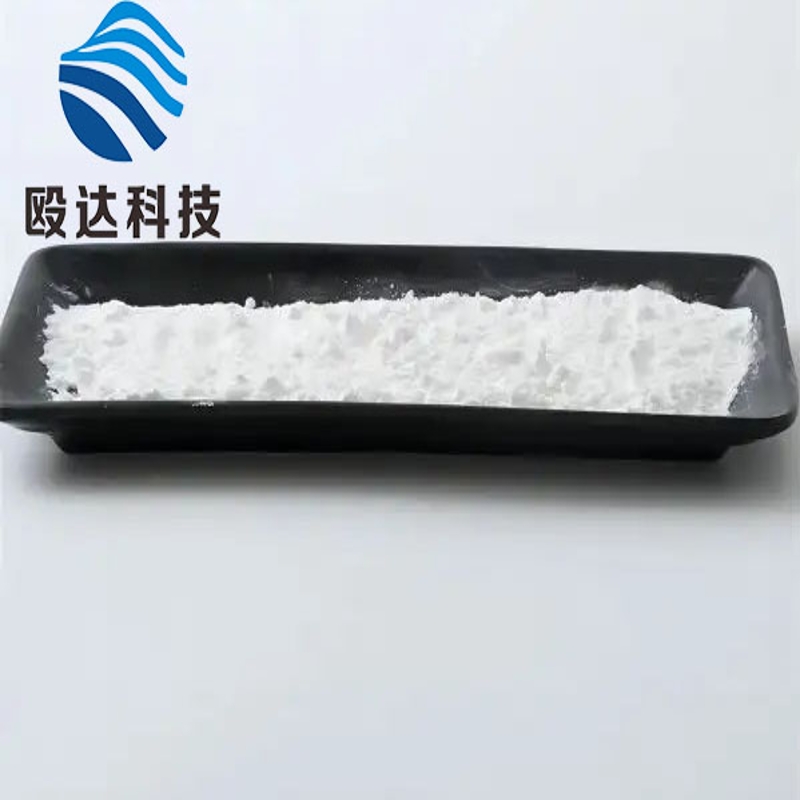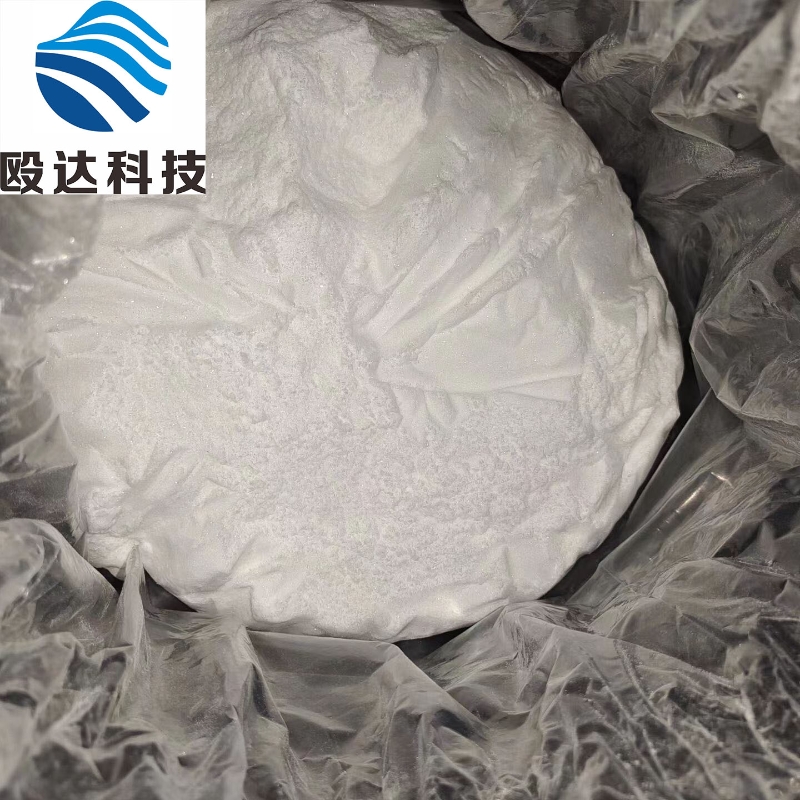-
Categories
-
Pharmaceutical Intermediates
-
Active Pharmaceutical Ingredients
-
Food Additives
- Industrial Coatings
- Agrochemicals
- Dyes and Pigments
- Surfactant
- Flavors and Fragrances
- Chemical Reagents
- Catalyst and Auxiliary
- Natural Products
- Inorganic Chemistry
-
Organic Chemistry
-
Biochemical Engineering
- Analytical Chemistry
- Cosmetic Ingredient
-
Pharmaceutical Intermediates
Promotion
ECHEMI Mall
Wholesale
Weekly Price
Exhibition
News
-
Trade Service
*For medical professionals to read and reference GRAPPA treatment recommendations provide great help for clinicians to treat and manage PsA patients in practice.
Introduction At this year’s EULAR meeting, the Psoriasis and Psoriatic Arthritis Research and Evaluation Working Group (GRAPPA) Updated the recommendations for the treatment and management of psoriatic arthritis (PsA) [1].
Professor Laura Coates from the University of Oxford in the UK gave a detailed introduction and interpretation of this
.
Laura Coates online report GRAPPA is an international organization composed of rheumatologists, dermatologists and patient representatives
.
Its members are divided into several groups to focus on several key clinical areas of PsA, such as peripheral arthritis, axial arthritis, enthesitis, digit/toe inflammation, skin and nail lesions, and complications, aiming to provide the best for PsA patients Treatment
.
GRAPPA treatment recommendations were first published in 2009[2], and a revised version was issued in 2015[3]
.
In recent years, significant progress has been made in PsA pathophysiology and disease assessment, which has promoted the progress and innovation of treatment selection and management strategies; this year GRAPPA has been revised based on higher-quality evidence-based medical evidence and new treatment strategies
.
The treatment principle is changed from "six" to "seven", and the recognition rate of "doctor-patient joint decision-making" is the highest.
Based on the original six general principles of the 2015 treatment recommendation, the new version of the guide adds the treatment of "doctor-patient joint decision-making" Principles and obtained the highest approval rate of medical staff and patients (96.
3% and 100%, respectively)
.
This principle points out that recommendations are based on the latest data of PsA assessment and treatment methods, and they will help doctors and patients to make joint decisions in clinical practice
.
In addition, the evaluation and treatment principles of comorbidities in the overall principles have been adjusted
.
The new version of treatment recommendations further subdivided and expanded comorbidities, emphasizing liver disease, chronic infections, malignant tumors, bone health (such as osteoporosis), central sensitization (such as fibromyalgia), and reproductive health and other comorbidities related conditions Monitoring and proper handling
.
Evidence is gradually enriched, and the clinical manifestations of PsA being "righted" by multiple targeted drugs are significantly diverse, involving multiple clinical areas, such as peripheral arthritis, axial arthritis, enthesitis, dactylitis, skin and Nail lesions, comorbidities and related conditions
.
For different types of patients and different areas of involvement, GRAPPA makes treatment recommendations based on the latest evidence
.
Since 2015, many innovative drugs have entered the field of PsA treatment and have shown good efficacy, accumulating a large amount of clinical evidence
.
In the new version of the 2021 treatment opinion, interleukin inhibitors (including IL-17 and IL-12/23 inhibitors) and JAK inhibitors have achieved the same level of tumor necrosis factor-α (TNF-α) inhibitors in many fields The intensive recommendation has been upgraded from the original conditional recommendation to the strong recommendation, which makes the treatment options for patients with different types of PsA more abundant
.
A summary of GRADE recommendations for each clinical area of PsA in the GRAPPA treatment recommendations in 2021 is shown in Table 1 (the green mark is the treatment drug added to the strongly recommended list)
.
The treatment path diagram synthesized on the basis of this recommendation is shown in Figure 1
.
Table 1: Summary of GRADE recommendations for each clinical field of PsA TNFi: TNF-α inhibitor; PDE-4i: phosphodiesterase 4 inhibitor; IL-12/23i: interleukin 12/23 antagonist; IL-17i: Interleukin 17 antagonist; JAKi: JAK inhibitor; csDMARDs: traditional synthetic anti-rheumatic drugs; NSAIDs: non-steroidal anti-inflammatory drugs; CTLA-4-Ig: cytotoxic T lymphocyte-related antigen 4 antibody Figure 1: PsA treatment route recommendation For individual patients, the treatment decision-making depends on the disease activity, the field involved in clinical manifestations, related prognostic factors, and their acceptance/preference for treatment methods.
In addition, the patient’s comorbidities and Related conditions will also affect the choice of treatment options and/or guide monitoring
.
During the discussion session, Professor Laura Coates mentioned that the emerging new biologics have indeed brought tremendous changes to the field of PsA treatment, and they have played a significant role in many clinical areas of PsA; nevertheless, we still have a lot to do.
The needs to be met
.
Facing more and more treatment options, how to choose the right treatment drugs for individual patients is the next challenge we have to meet, and this is also the problem that GRAPPA is committed to solving
.
Biosimilars are on the market one after another.
Care should be taken to reduce or stop the use of biosimilars.
Biosimilars, also known as biosimilars, refer to therapeutics that are similar in quality, safety and effectiveness to reference drugs that have been approved for registration.
Biological products
.
The emergence and popularization of biosimilar drugs have brought major changes in the field of PsA treatment
.
In this regard, GRAPPA put forward a corresponding position statement: biosimilar drugs must be approved through strict regulatory review
.
Patients and clinicians need to receive continuous education to ensure a comprehensive understanding of biosimilar drugs; after the first approval of biosimilar drugs, periodic re-evaluation should be carried out to ensure subsequent quality; even if some biosimilars have not been approved PsA indications are approved, but the corresponding extrapolation research is acceptable; the change of the drug must be made by the doctor and the patient; pharmacovigilance is very important, and the specific agent and batch of the biosimilar drug should be traceable according to the name of the biosimilar; The cost savings of similar drugs should be used to improve biosimilar drugs to benefit a wider range of patients; immunogenicity is a potential safety issue in the use of biologics and similar drugs, and should be continuously monitored during treatment
.
The above recommendations have a 92.
5% doctor support rate and 85.
7% patient support rate
.
In addition, for patients who achieve the goal of treatment (that is, achieve clinical remission or low disease activity), Professor Laura Coates pointed out that it is possible to consider gradually reducing and eventually stopping treatment.
This view has been received by the vast majority of doctors (91.
9%) and patients ( 71.
4%) approval and support
.
The benefit of drug reduction is to reduce its side effects and improve the economic benefits of the drug, but it also faces potential risks (such as disease recurrence)
.
Therefore, drug reduction and discontinuation must be implemented under the condition that the patient fully understands and directly participates in the decision-making, and the clinician should inform the patient of the best reduction method (such as reducing the dose or adjusting the treatment interval)
.
At present, the exploration of drug reduction and withdrawal is still continuing.
We are not yet able to predict the effect of individual patients well.
Both doctors and patients need to make careful decisions about reduction and withdrawal
.
Summary: Based on the current evidence-based medicine evidence, GRAPPA treatment recommends grading existing therapeutic drugs, and recommends recommendations based on different clinical fields and scenarios, which provides great help for clinicians in the treatment and management of PsA patients in practice
.
In the future, these treatment recommendations will be further updated with newly acquired evidence and clinical practice
.
Reference: [1]LCCoates,et al.
Ann RheumDis,volume 80,supplement 1,year 2021,page 139.
[2]Ritchlin CT,et al.
Ann Rheum Dis,2009,68(9):1387-1394.
[3]Coates LC,et al.
Arthritis Rheumatol, 2016,68 (5):1060-1071.
This article is only used to provide scientific information to medical and health professionals, and does not represent the platform's position







